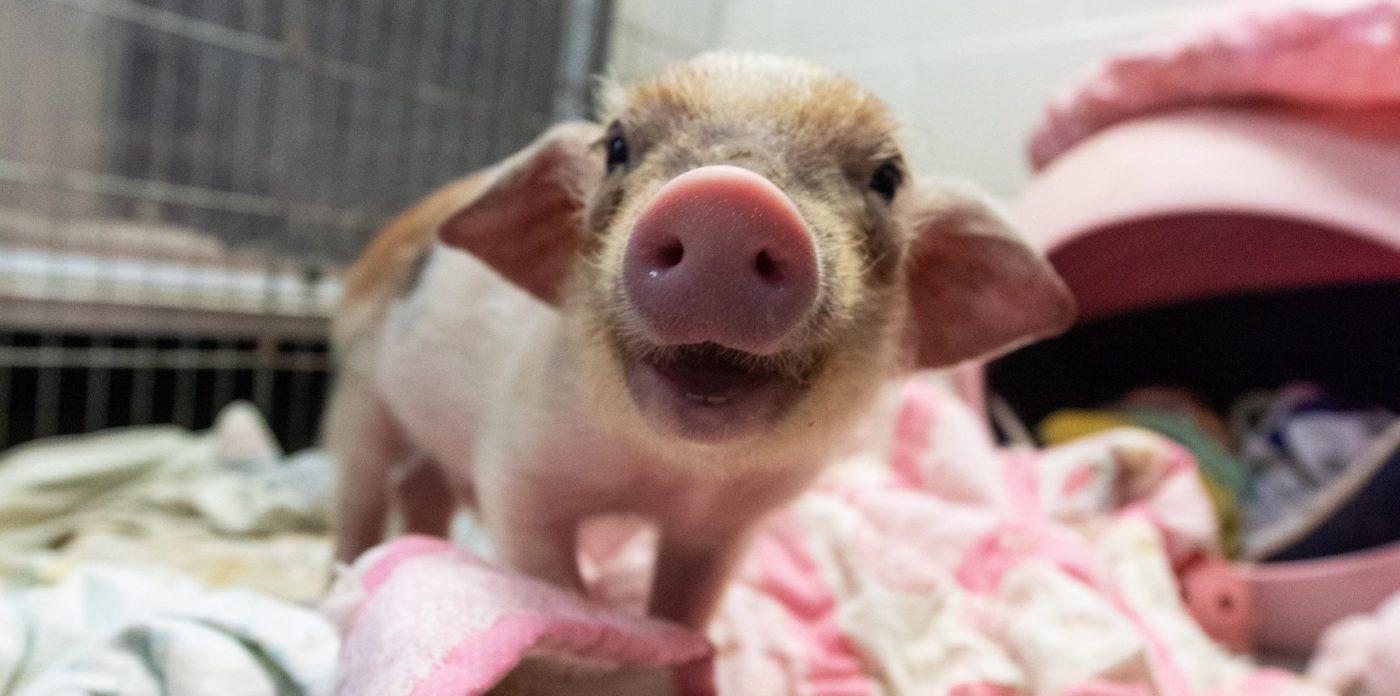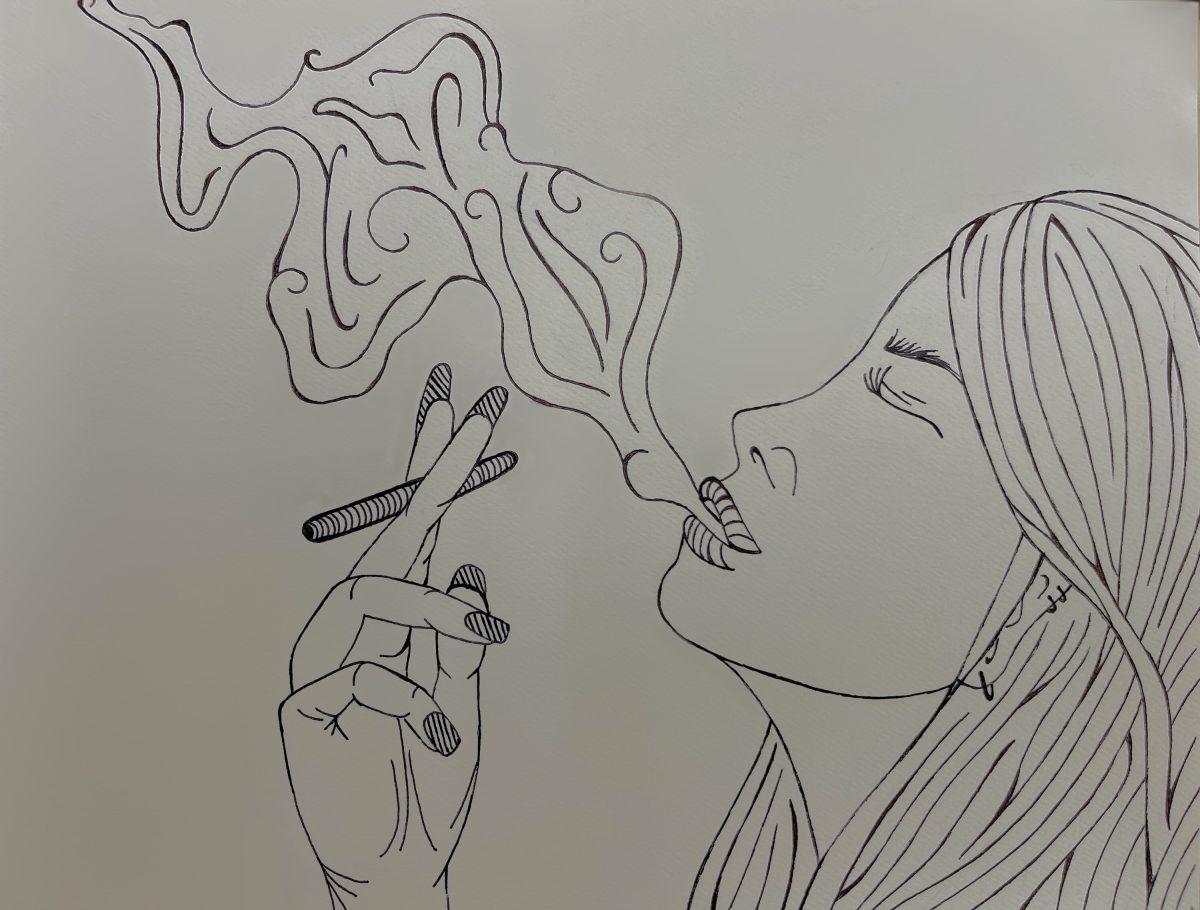In 2019 junior Stefania Bitton created the Animal Support club to educate SM students about the realities of factory farming. Now in 2020, partnered with Farm Sanctuary representatives, Bitton invites students to join in on a school-wide zoom presentation to further her message that farm animals deserve better treatment.
Bitton first became an advocate of animal rights when she enrolled in a youth club at the Marin Humane Society freshman year. To volunteer there, she had to complete a three-part internship program to ensure the safety of the animals at the shelter.
“Usually I work in the adoption area where I play with the animals when they are sad, restock their food, and clean their areas,” Bitton said. “Sometimes I do filing if an animal is getting adopted or laundry.”
Volunteering at the Humane Society, Bitton came across Farm Sanctuary, a non-profit organization, established in 1986, that works to educate communities across the country about animal cruelty, advocates for systematic reform, and has rescued over 1,000 animals.
“We meet once a month and each meeting is a little different,” Bitton said. “Last week was centered around social advocacy where we talked about whether we think animals have the right to citizenship.”
Becoming involved with Farm Sanctuary has helped Bitton further her plans with the Animal Support club. This included bringing in guest speakers that walk on two feet, and four.
“I worked with one of the representatives who for club meetings would bring in animals,” Bitton said. “Whether it was her own or one from the humane society, we would talk about the animal’s story and give it that time to have outside of the shelter.”
The inability to bring in animals and have hands-on presentations is one reason Bitton feels virtual learning has limited her club. Bitton explains how the informative side of her club does not resonate with people the same as it did when students were in school and could meet the animals that have gone through traumatic events.
“It brought to light that farm animals aren’t just to be eaten, but that they have emotions and personalities,” Bitton said. “I can think of many animals that have had these traumatic events happen to them and then they have these big personalities at the farm.”
Despite the restrictions 2020’s pandemic has put on the interactive aspects of the Animal Support Club, Bitton describes how it has forced people to consider different forms of outreach that have been rewarding for the community.
“People are creating clubs, posting on Instagram accounts, and hosting movie nights over zoom featuring educational documentaries about factory farming,” Bitton said.
Online learning has also made hosting a school-wide assembly more feasible, something Bitton was unable to do in previous years.
“All students are welcome to come to the presentation which will be sometime in March,” Bitton said. “This time the presentation will be on social advocacy and what kinds of social justice things students can do to help animals.”
Ultimately, Bitton wants to encourage students to learn more about the reality of animal cruelty and her Animal Support club allows students to get involved with combating these problems.
“I am hoping people will get to learn more about the actual situations that are happening,” Bitton said. “I feel like a lot of people are uneducated and just see animals as food, but animals have nervous systems, they have brains, they have feelings.”

George The Pig was the runt of the litter at a petting zoo suffering from parasites, pneumonia, and had trouble putting on weight. “Once he got to the farm sanctuary and was being treated, he became a much happier pig and more playful,” Bitton said.





































